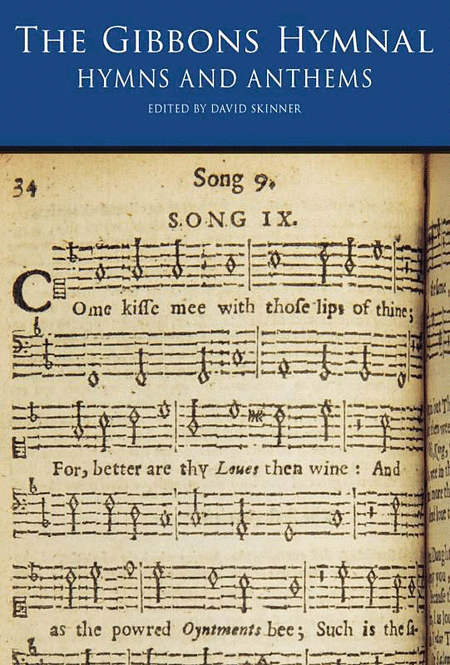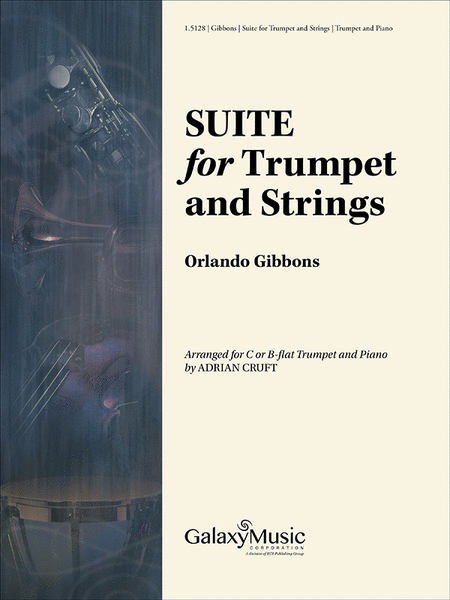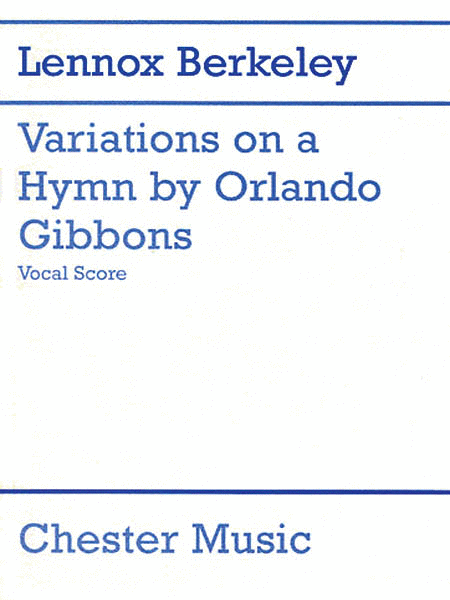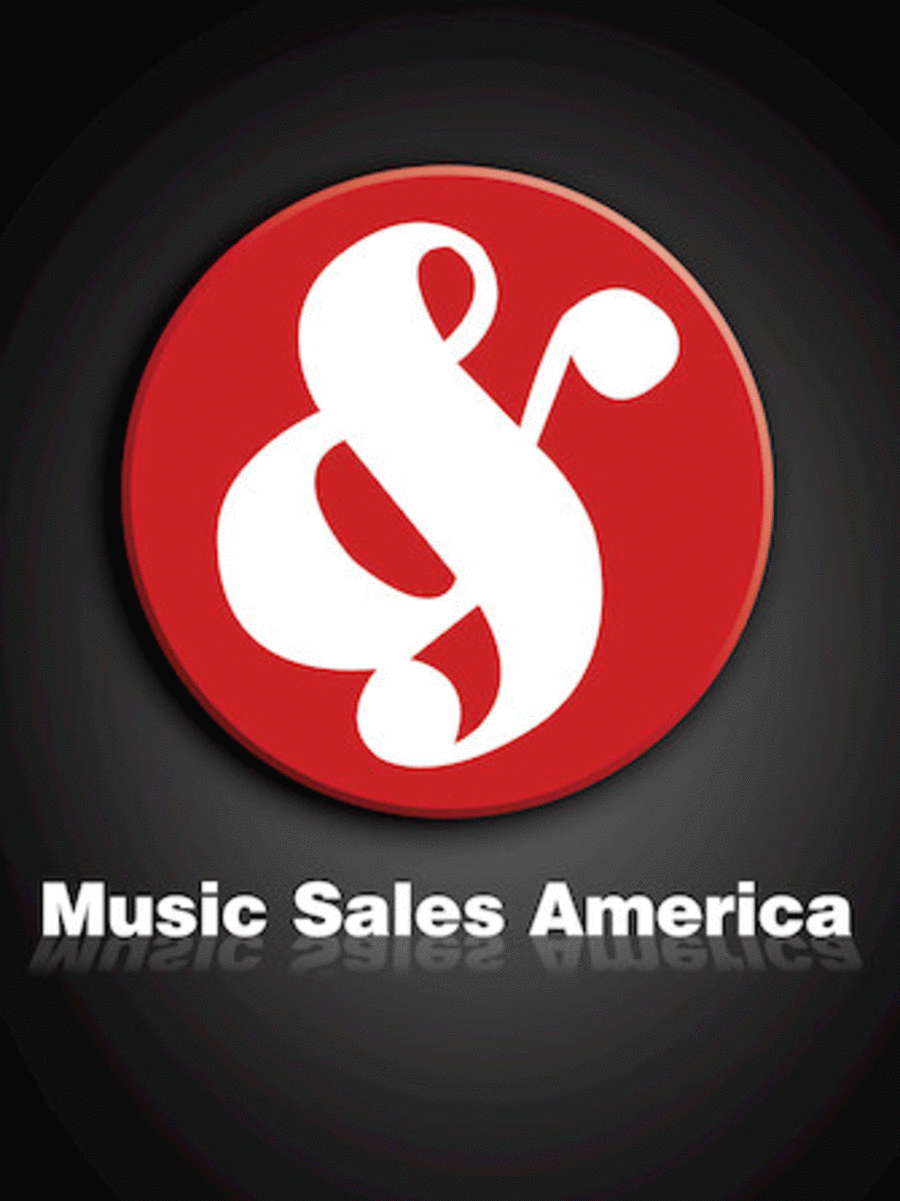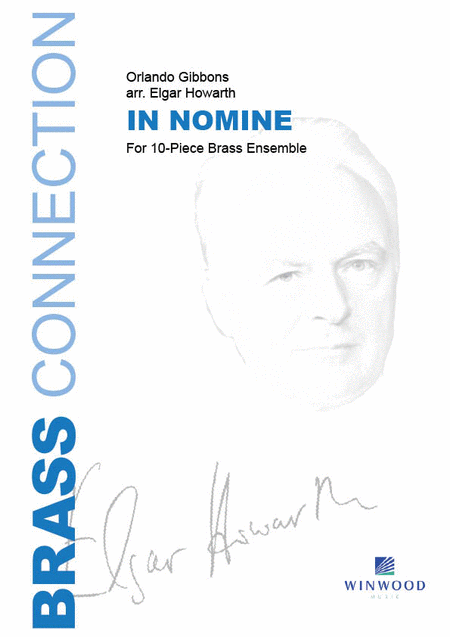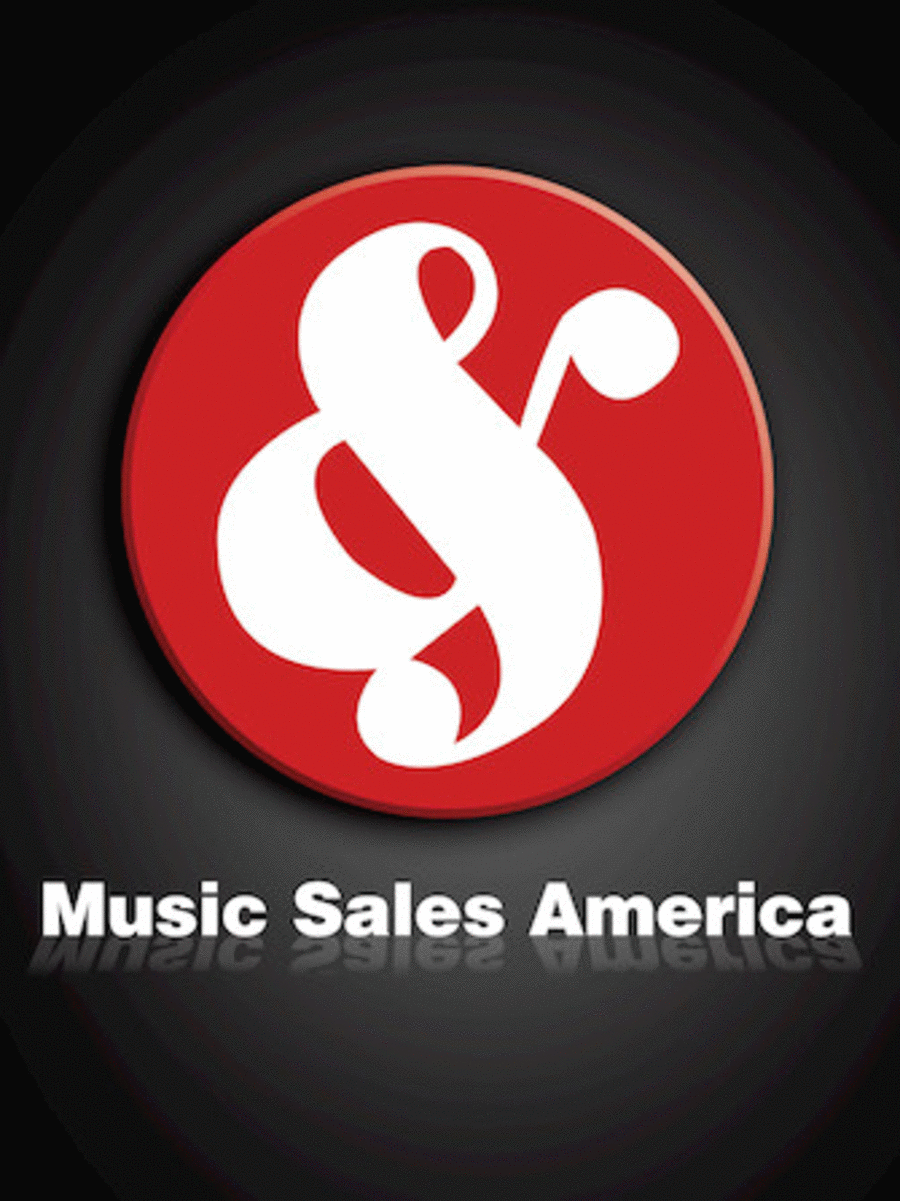Orlando Gibbons (1583 - 1625)
 Royaume-Uni
Royaume-Uni
Orlando Gibbons (baptised 25 December 1583 ? 5 June 1625) was an English composer and organist of the late Tudor and early Jacobean periods. He was a leading composer in the England of his day.
Gibbons was born in Oxford. Between 1596 and 1598 he ... (Read all)
Source : Wikipedia
 Royaume-Uni
Royaume-UniOrlando Gibbons (baptised 25 December 1583 ? 5 June 1625) was an English composer and organist of the late Tudor and early Jacobean periods. He was a leading composer in the England of his day.
Gibbons was born in Oxford. Between 1596 and 1598 he ... (Read all)
Source : Wikipedia
Free sheet music of Orlando Gibbons - Recueillement
2 sheets found sorted by:
Search
| |||||||||||||||||||||||||||||||||||



